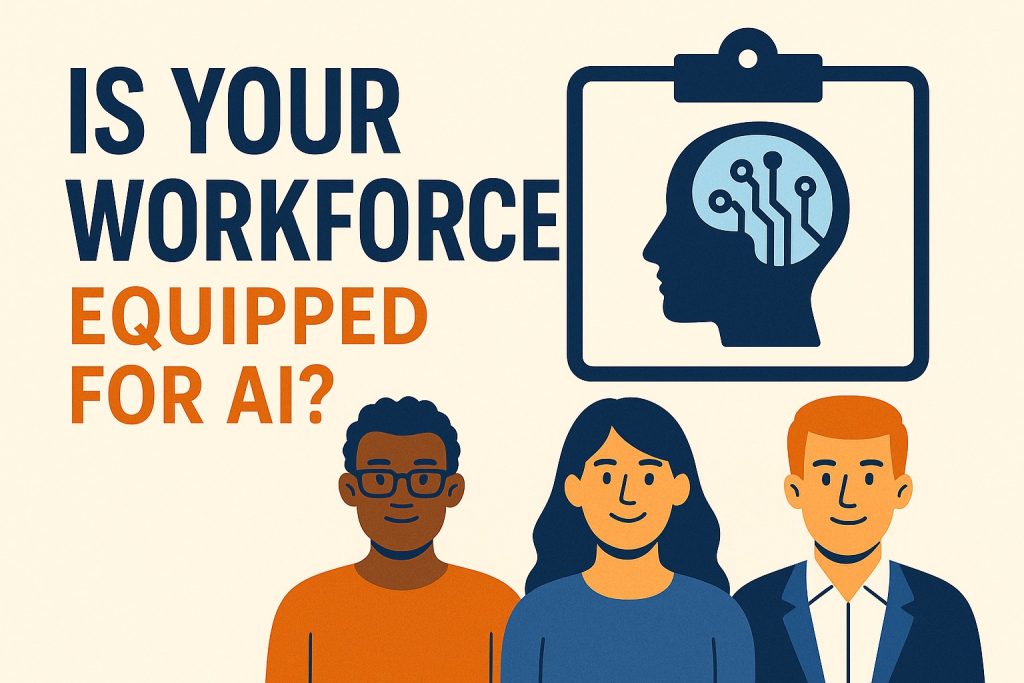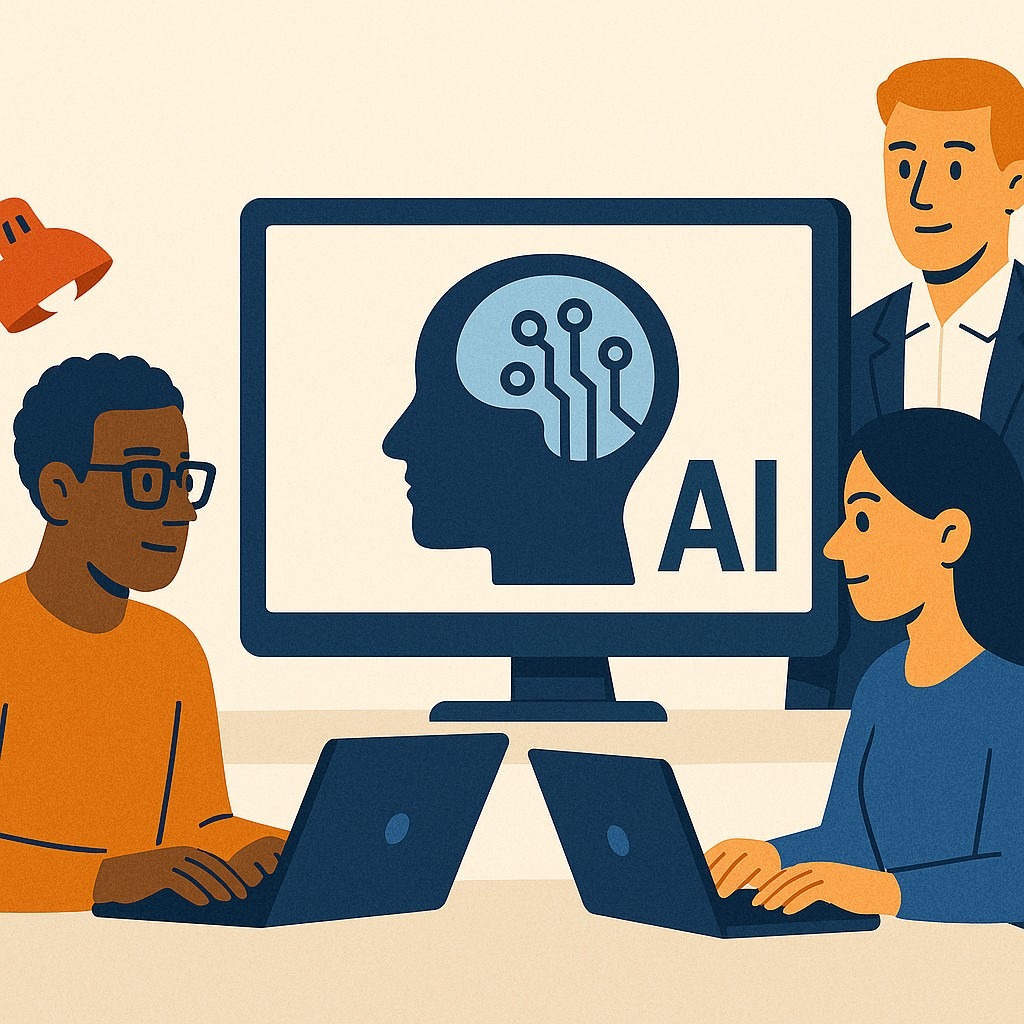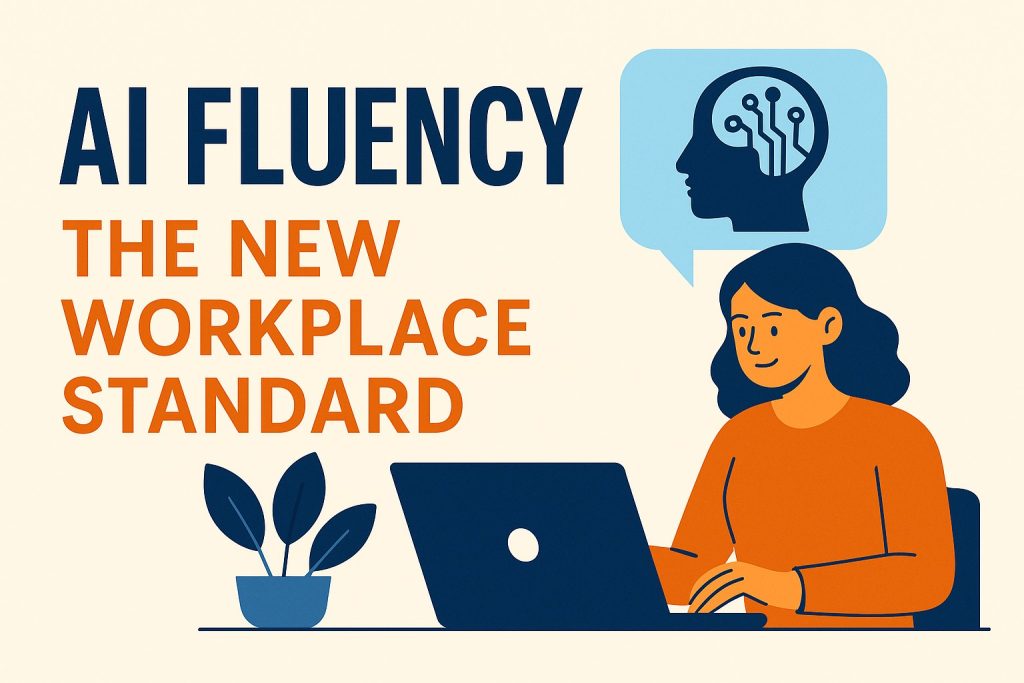In 2025, artificial intelligence (AI) proficiency is no longer optional, it’s essential. Companies like Duolingo, Shopify, and Box are leading this shift, making AI fluency a core requirement for employees. This transformation is reshaping hiring practices, performance evaluations, and daily workflows.
The Rise of AI-First Companies
Duolingo has declared itself an “AI-first” company. CEO Luis von Ahn announced that the company will gradually phase out contractors for tasks that AI can handle. Additionally, AI proficiency will be a factor in hiring decisions and performance reviews. Von Ahn emphasized that this move aims to eliminate repetitive tasks, allowing employees to focus on creative and meaningful work.
Similarly, Shopify’s CEO Tobi Lütke stated that no new hires will be approved unless it’s demonstrated that AI cannot perform the required tasks. He highlighted that integrating AI into workflows is now fundamental to the company’s operations. AI competencies will also be included in employee evaluations.
Box is also embracing AI to streamline operations. CEO Aaron Levie expects AI to eliminate tasks that hinder workflows, automate processes, and foster experimentation. He believes that AI proficiency is becoming essential, especially in engineering roles (washingtonpost.com).

Implications for Employees
The shift towards AI integration brings both opportunities and challenges for workers. On one hand, AI can handle mundane tasks, freeing employees to engage in more strategic and creative endeavors. On the other hand, there’s concern about job displacement and the need for continuous upskilling (businessinsider.com).
Employees are now expected to be proficient in AI tools relevant to their roles. This includes using AI for tasks like drafting emails, analyzing data, or automating routine processes. Companies are providing training and resources to help their workforce adapt to these new expectations.
Preparing for an AI-Driven Workplace
To thrive in this evolving landscape, consider the following steps:
- Embrace Continuous Learning: Stay updated on the latest AI tools and how they apply to your field.
- Seek Training Opportunities: Participate in workshops or courses offered by your employer or external platforms.
- Collaborate with AI: Use AI as a partner to enhance your productivity and creativity.
- Provide Feedback: Share your experiences with AI tools to help improve their integration into workflows.
By proactively developing AI skills, employees can position themselves as valuable assets in their organizations.

The integration of AI into the workplace is accelerating. Companies are redefining roles and expectations, making AI fluency a critical component of professional success. By embracing this change and investing in skill development, employees can navigate the future of work with confidence.

